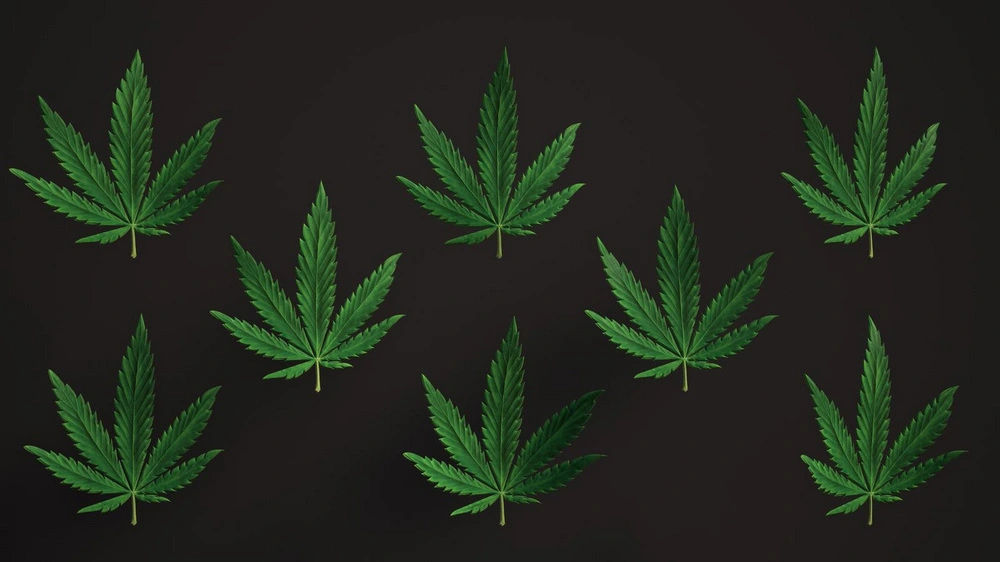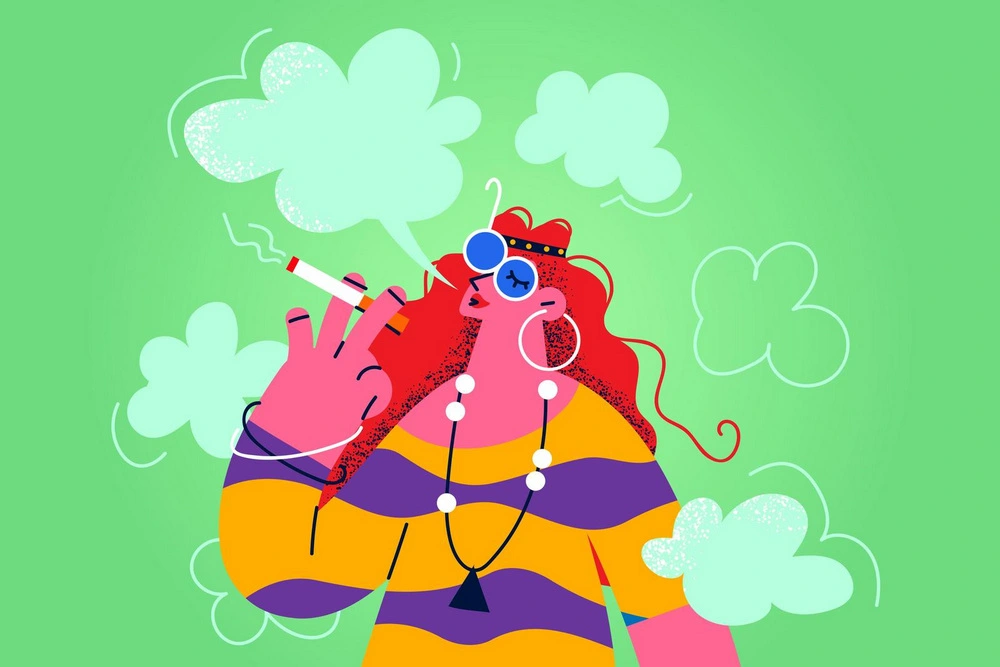Weed withdrawal psychosis or weed-induced psychosis is a very rare side effect but also one of the most serious potential side effects of those who use cannabis. Psychosis is not a condition, but the symptoms that are triggered are those of psychosis and can include things like delusions, hallucinations, dissociation, and disorganized thoughts. It’s important to recognize the signs of psychosis from weed withdrawal and to understand weed psychosis recovery time so that you can reclaim your mental health.
What is Weed-Induced Psychosis?

Weed-induced psychosis is exactly what the name suggests: short-term psychosis that manifests after an individual ingests weed. Some studies indicate that the THC in cannabis can result in short-term psychosis until such time as the cannabis gets metabolized.
Those who utilize cannabis in adolescence are significantly more likely to develop a schizophrenia spectrum disorder if they have induced psychosis. For that reason, it’s important to consider avoiding or delaying cannabis use until after the age of 25.
- People who are initially diagnosed with cannabis-induced psychosis have a much higher rate of developing schizophrenia long-term, but the potency, duration of exposure, frequency, and amount of cannabis all add to or detract from that risk.
- Daily and high-potency cannabis use increases the risk of weed-induced psychosis.
- 15% of new cases of psychosis are related to weed-induced psychosis.
- The risk of subsequent development for schizophrenia spectrum disorders is highest with cannabis use compared to other substances.
Recognizing the Signs of Psychosis from Weed Withdrawal
It is important to recognize the signs of psychosis from weed withdrawal and weed-induced psychosis. This type of psychosis provides short-term, acute symptoms that are triggered by marijuana use. However, these symptoms can manifest quickly and can be very alarming.
Common symptoms of weed withdrawal psychosis
The symptoms of weed withdrawal psychosis can include:
- Paranoia and suspicion, particularly of other people
- Disorganized thoughts
- Hallucinations
- Delusions
- Catatonia
- Unusual movements or behaviors
- Hostility and aggression
How to differentiate between typical withdrawal symptoms and psychosis
So, how do you differentiate between regular weed withdrawal symptoms and psychosis? Cannabis-induced psychosis will cause delusions and hallucinations that are significantly more intense than what you would normally have from typical withdrawal symptoms. The delusions could be a completely false belief that you have about yourself immediately after cannabis use, despite all evidence to the contrary.
For example:
Jonathan is experiencing weed psychosis and immediately believes that he can absolutely play the piano even though he’s never touched a piano. He demands that his friends let him play the piano at an upcoming show, and he starts trying to practice.
Similarly, it’s not uncommon for individuals to feel a dissociation. The feeling of dissociation from regular cannabis use is not nearly as intense as what is experienced during psychosis. Moreover, that depersonalization can often manifest with hallucinations that you legitimately believe are real and that can include images, voices, feelings, or sensations that do not exist.
Immediate Steps to Take After Experiencing Weed Psychosis
After you experience weed psychosis, it’s important that you take immediate steps.

Seeking immediate medical help
The first thing to do is seek immediate medical help. Psychosis from weed withdrawal can pose serious risks depending on the delusions and hallucinations, so it is important that you have medical assistance to help you during your timeline.
The importance of stopping weed use
It is equally important to stop using cannabis. The amount, intensity, and frequency of cannabis use, as mentioned, has a direct impact on the risk of psychosis, especially if you have pre-existing mental health conditions. If you experience weed psychosis, it’s imperative that you stop using cannabis because your risk of continual psychosis and subsequent development of schizophrenia will increase.
Creating a safe environment and support system
You need also to create a safe environment and a support system. These can be people to whom you can turn who can support you while you go through things like depersonalization or delusions.
Weed Psychosis Recovery Time: What to Expect
The weed psychosis recovery time is fairly short. The immediate psychotic symptoms that you experience will go away once the THC is metabolized in your system, which means that after several hours or no more than one day, those symptoms will go away.
After that, your weed psychosis recovery continues with the withdrawal symptoms you might need to get through, and that can last a couple of days. After that, your recovery is contingent upon long-term mental health maintenance.
Preventing Relapse and Maintaining Mental Health
Preventing relapse and maintaining good mental health is imperative to your recovery timeline. Having a structured recovery plan and a lot of support can go a long way toward preventing relapse. You should also consider getting professional help from a psychiatrist who can teach you coping mechanisms to manage things like Stress and Anxiety without turning to cannabis.
Treatment Options for Weed Psychosis Recovery
Many people who experience the symptoms of cannabis-induced psychosis will have a short recovery time. The weed psychosis recovery time starts with your detox, which should be done under medical supervision. From there, you might need treatment for underlying substance abuse or mental health issues, but if you can stop using marijuana, you’ll be able to experience a weed psychosis recovery in a matter of days for the immediate symptoms and weeks for long-term recovery.
Long-term mental health maintenance
Long-term mental health maintenance means you might need to consider inpatient or outpatient treatment for substance abuse if you believe that you have an addiction. You might also need things like long-term therapy and support groups to help you with underlying mental health conditions. The more you are able to learn to avoid cannabis and then utilize lifestyle changes, the healthier you will be long-term.
Importance of lifestyle changes for sustained recovery
Tangentially, lifestyle changes are an important part of sustained recovery. This starts with no longer using cannabis, getting the medical and subsequent mental health support that you need, and learning to stop using marijuana and manage any underlying conditions you might have.
Summing up
Psychosis from weed withdrawal and cannabis-induced psychosis can present with alarming symptoms that mirror psychotic conditions such as schizophrenia. If you are experiencing weed-induced psychosis, the good news is that you can get over the symptoms very quickly with a short weed psychosis recovery time and find lots of ways to get help with a structured recovery plan.



